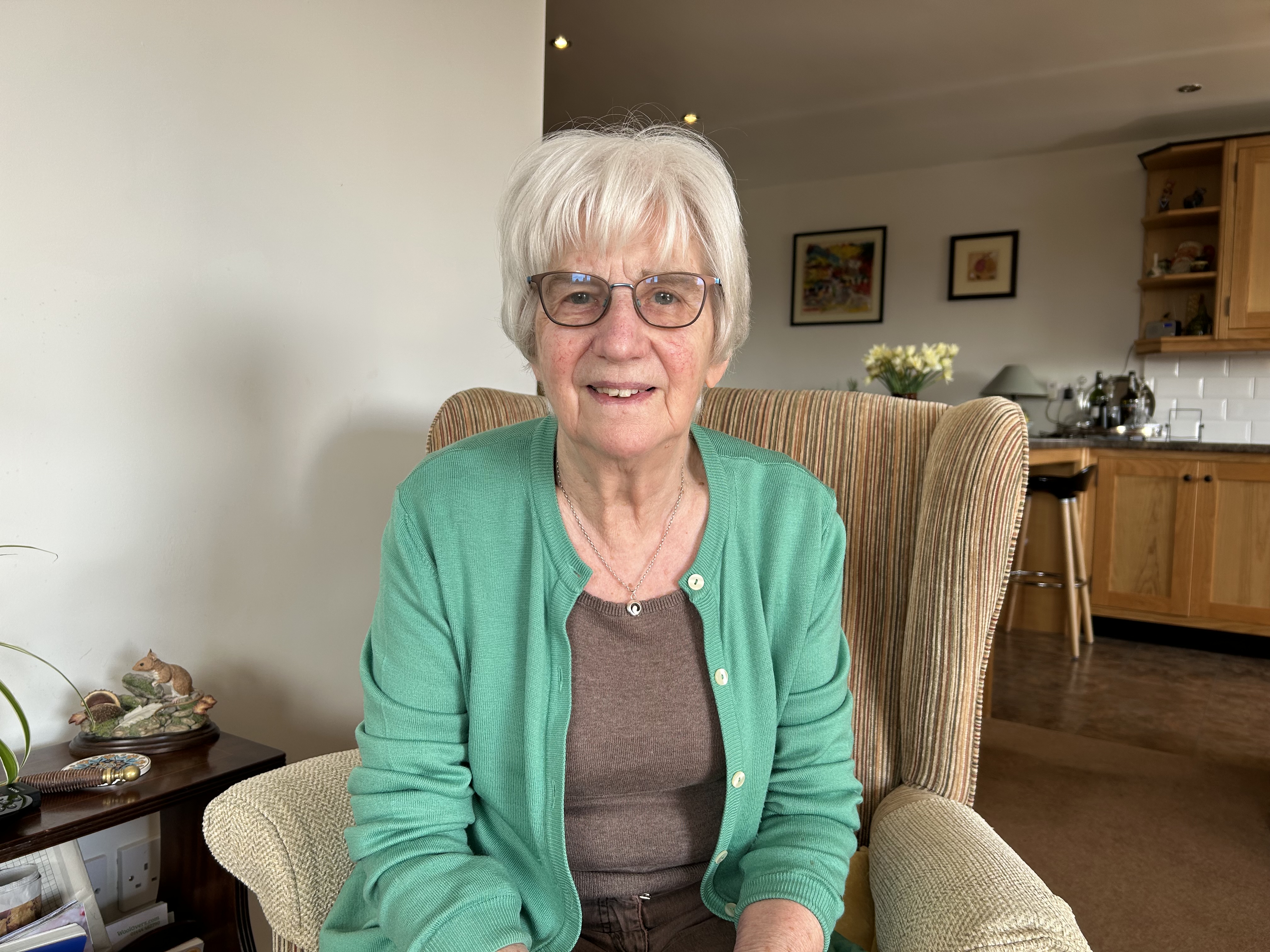
Life had changed dramatically. Now we were between two rivers.
Ann Carter
When I was 11, our farm was sold. Grandfather had decided to retire, so all the farm machinery was laid out in the grass field and auctioned a month before we left. Along with the machinery, we had inherited a lorry. Jim the lorry driver came to collect a load of our furniture and I rode with him to our new farm.
We moved to Denver Sluice in October 1945, where we had two farms. White House Farm and Silt Fen Farm were on opposite sides of the River Ouse. We had a flat-bottomed boat on the river which we paddled around in. I had a fishing rod and caught small roach and perch, all to be put back in the river.
In many ways life at Denver Sluice was much easier. We now had every modern convenience - running water, electricity run by a generator, a bathroom, even a telephone, but the peaceful world we had inhabited in our previous home would never return.
Life had changed dramatically. Now we were between two rivers. The River Wissey joined the Ouse opposite our farm. At first, I could not sleep at night. The diesel generator was very loud, there were creaks from the water pipes and steam trains carrying goods worked throughout the night.
During the sugar campaign, tug boats moved along the river taking sugar beet to the factory at Wissington. There was a beet chute on the riverbank by our farm where the sugar beet from the neighbouring farm was loaded on to the barges and we seemed to constantly hear the beets come clattering down the chute.
Coal was also transported by river and there was also the constant chug of barges going up and down, delivering coal to the railway station. As well as powering the steam trains, the coal that arrived could be bought from the station by families who lived nearby.
It now seemed that our world was constantly filled with things being noisily ferried from one place to another. Our previously silent evenings were shattered. The sound of shunting trains in the goods yard filled the night. Eventually we got used to the cacophony on our doorstep, but although mechanisation had improved people’s lives, it had also taken its toll.